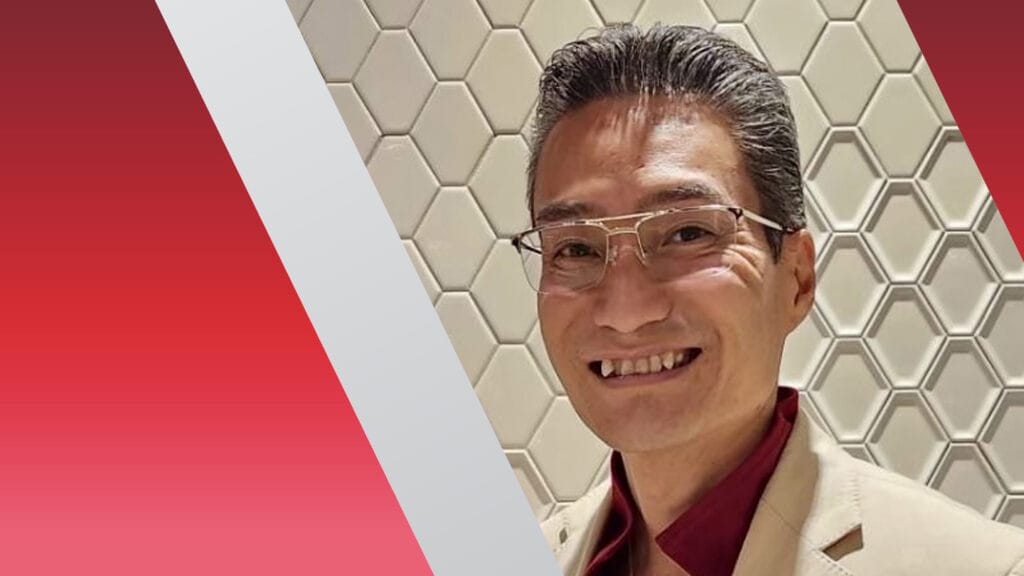

New tools such as passive sensors and artificial intelligence are growing rapidly within senior living and care.
Although various studies show mixed responses from older adults toward accepting those technologies, at least one company is offering training and question-and-answer sessions to help ease residents’ concerns.
“Seniors have a lot of questions [about our technology],” said David Ly, CEO of Iveda, whose AI-enabled monitoring system, IvedaCare, helps prevent falls. “They ask: What is it going to do? Is it going to be listening to me? Watching me? We have to show them: Traditional alarm systems in our house are similar.”
Ly, who has visited some assisted living communities personally to discuss Iveda’s technology, said it was important to explain to residents what AI is and what information it is sharing.
Iveda is one of several emerging companies now trying to carve out a niche within both independent living and assisted living living; although most AI-enabled sensors work on similar principles, experts have told the McKnight’s Tech Daily that much room to grow remains within the industry.
Iveda hopes its educational outreach increases buy-in to its tech; the company also has made inroads with care for older veterans. Iveda was awarded a contract to add its fall detection and telehealth software in VA facilities, the company announced last summer.
Although Ly, like many others, characterized AI as a powerful data collection tool rather than some mysterious entity, he acknowledged that popular perceptions have been shaped negatively by film and TV portrayals of robots or AI gone rogue.
“We use all kinds of analogies for AI,” Ly told the McKnight’s Tech Daily on Wednesday. “At the end of the day it’s just one tool to help us achieve [health outcomes]. Hopefully, it will only become more accurate, and more compassionate.”


